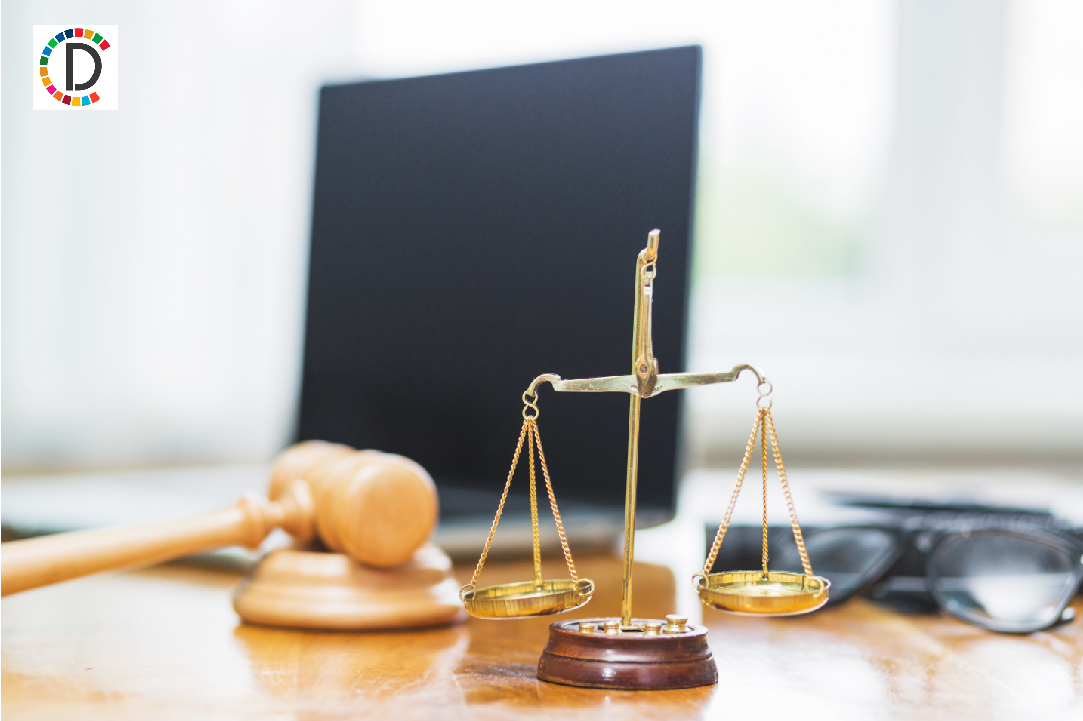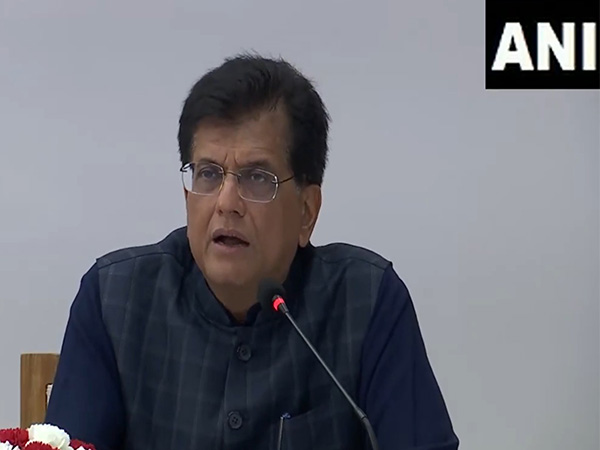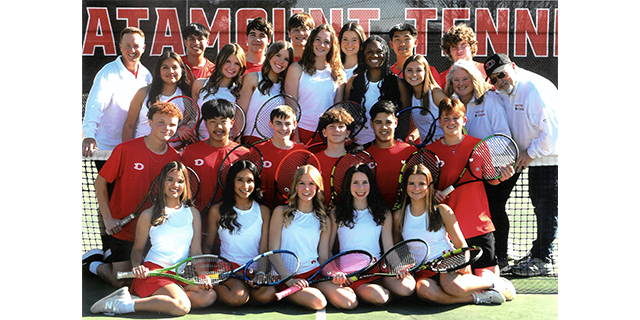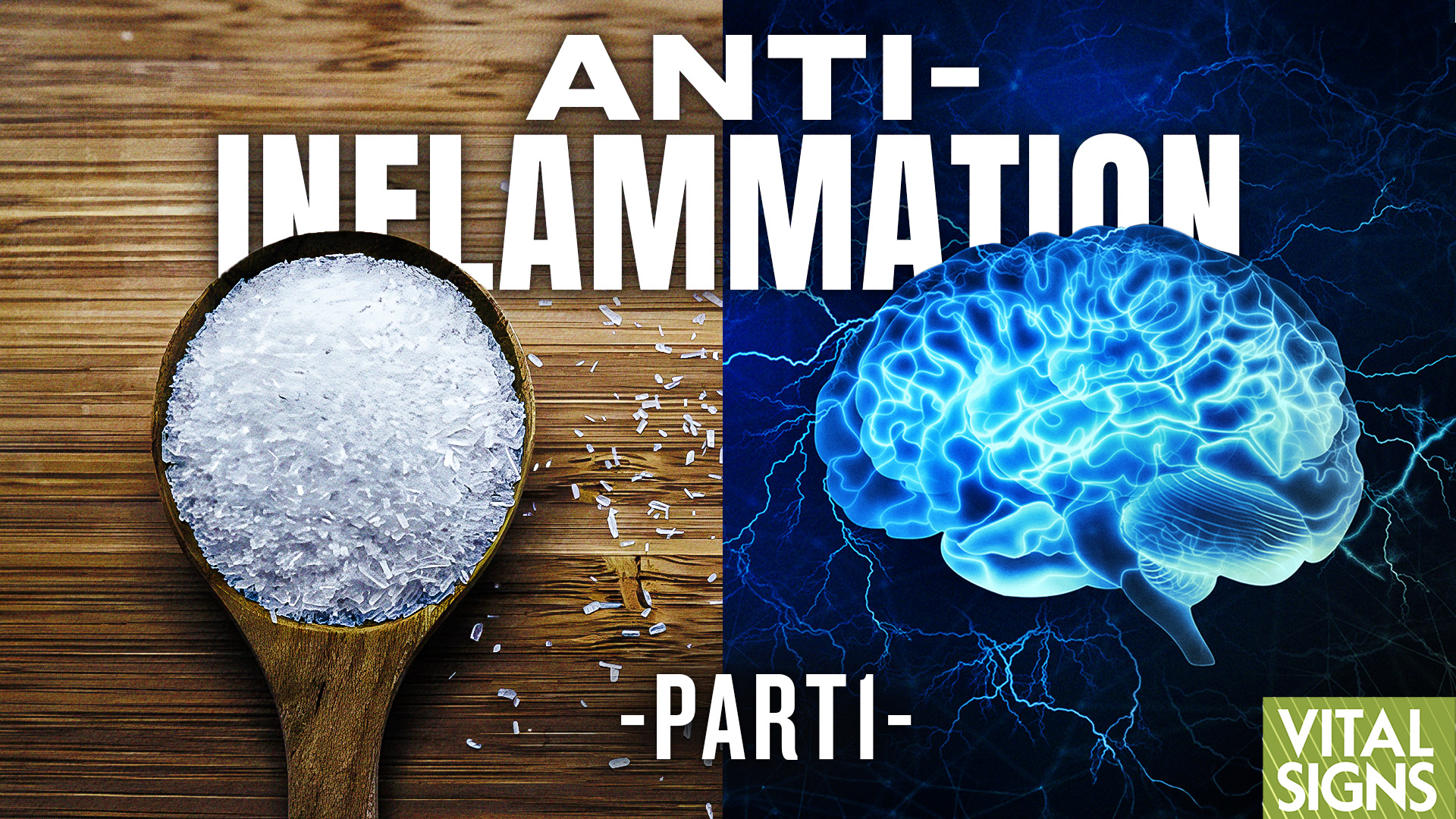Out of the many pressing challenges we face as educators today, one of the most complex and multifaceted is how we teach students to critically evaluate information and to use technology well. Technology experts predict that by the end of next year, more than 80 per cent of all visual content online (images and videos) will be AI-generated. This is unprecedented.
As educators, we need to equip students with digital wisdom and navigational skills, and a critical eye to distinguish what is reliable from the hollow or half-truths that surround them. Our challenge is to develop in students a compass that is both ethically and relationally sound. From a young age, children are excellent recorders of information, but in the information age we live in, the gap between information processing and interpretation is magnified.

We, therefore, need to model how to interpret information critically, but also ethically. Even as adults we are likely unaware of the influence large corporations and algorithms have on the quality and form of information we access. As the days of humanoid avatars and interactive robots become reality, modern educators should be asking, ‘How are we going to model well what it means to be human in an era where increasing numbers of jobs are automated and the information available to us is rapidly being influenced by AI-generated content?’ A related challenge is that AI-generated content is intentionally formed to create online engagement and so often exacerbates social differences, leading to increasing conflict and anger within society (how many times have we heard that society is ‘becoming more divided’?).
If we do not teach students how to ethically navigate online content and treat others with respect, this trend will continue. The tendency might be to cower away from the technological tsunami arising, but burying our head in the sand is no solution. We cannot advocate a low or no-tech regressionary education.
In fact, we embrace the opportunities these new integrating technologies offer our curriculum. At Horizon School, our E-Velocity Team won first place in the national competition last year, we have a unique automotive class and our younger akonga/learners build and operate aquabots. We are a Google-based school with integrated device use from Year 4 and much of our content is accessed through online platforms like Google Classroom.
The range of opportunities in the pipeline are huge, such as AI-powered personal learning assistants, tools to improve biculturalism, and generally raise equity in learning. However, the first step is to model for students how to become critically aware digital citizens, who can develop and rely on both an internal moral compass and external sources of ethics in their use of technology. As a Christian school, that is our focus at Horizon.
.
Health

Education – Education for an AI future

Out of the many pressing challenges we face as educators today, one of the most complex and multifaceted is how we teach students to critically...















